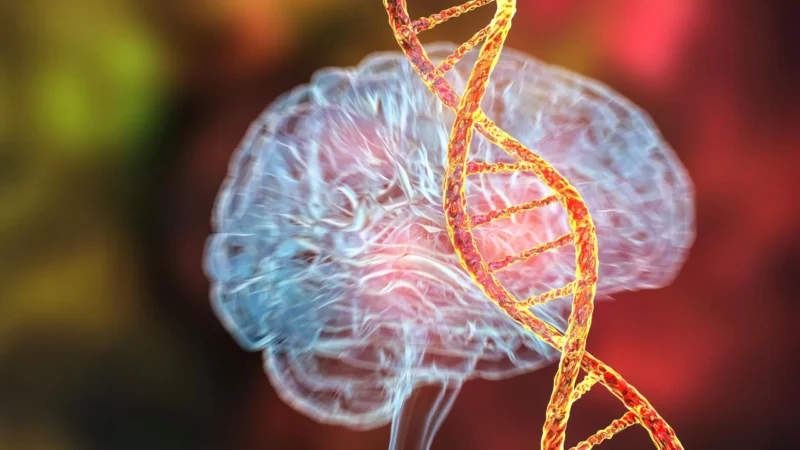Summary Points
-
Prevalence of Mental Health Disorders: Depression and anxiety affect 601 million people globally, yet many experience little or no benefit from initial treatments, necessitating a frustrating trial-and-error process.
-
Innovative Genetic Approach: A research team from Germany, Sweden, and Denmark is developing a genetic method using polygenic risk scores (PRS) to predict individual responses to specific antidepressants and anti-anxiety medications.
-
Research Foundation: The project builds on advanced genetic models from Aarhus University, leveraging data from the Swedish Twin Registry to link genetic variations to treatment effectiveness.
-
Future of Personalized Treatment: This innovative approach aims to revolutionize mental health treatment by enabling personalized medication selections through simple genetic tests, potentially transforming patient care and outcomes.
A New Hope in Mental Health Treatment
Depression and anxiety affect millions globally. Approximately 300 million people live with depression, and about 301 million suffer from anxiety disorders. Unfortunately, finding the right treatment often feels like navigating a maze. When individuals first seek help, their prescribed medications frequently fail to alleviate symptoms. In fact, nearly half of the patients with these conditions experience little to no benefit from their initial prescriptions. As a result, many endure a long and frustrating cycle of trying various drugs.
Researchers from Germany, Sweden, and Denmark have developed a promising genetic approach. They believe a simple DNA test could revolutionize how doctors select antidepressants and anti-anxiety medications. This method employs polygenic risk scores (PRS), which analyze genetic variations to predict how individuals may respond to specific medications. Although still in the research phase, these findings could pave the way for a future in personalized psychiatry.
The Path Forward: Implications and Challenges
The potential for a straightforward genetic test to tailor treatments is exciting. Not only could it reduce the trial-and-error approach many patients face, but it could also enhance the overall efficacy of mental health treatments. The technology offers a future where doctors select medications based on a patient’s unique genetic profile.
Yet, challenges remain. Current research relies on databases rather than real patient tests, indicating that clinical trials will be crucial for validation. Furthermore, researchers acknowledge limitations in their existing datasets. They provide valuable insights but do not fully capture how patients respond to medications in real-world settings. As scientists continue their work, the dream of a more efficient mental health treatment process comes closer to reality. In time, this innovation could ease the suffering of millions, moving us toward a more hopeful future in mental healthcare.
Stay Ahead with the Latest Tech Trends
Stay informed on the revolutionary breakthroughs in Quantum Computing research.
Stay inspired by the vast knowledge available on Wikipedia.
TechV1

